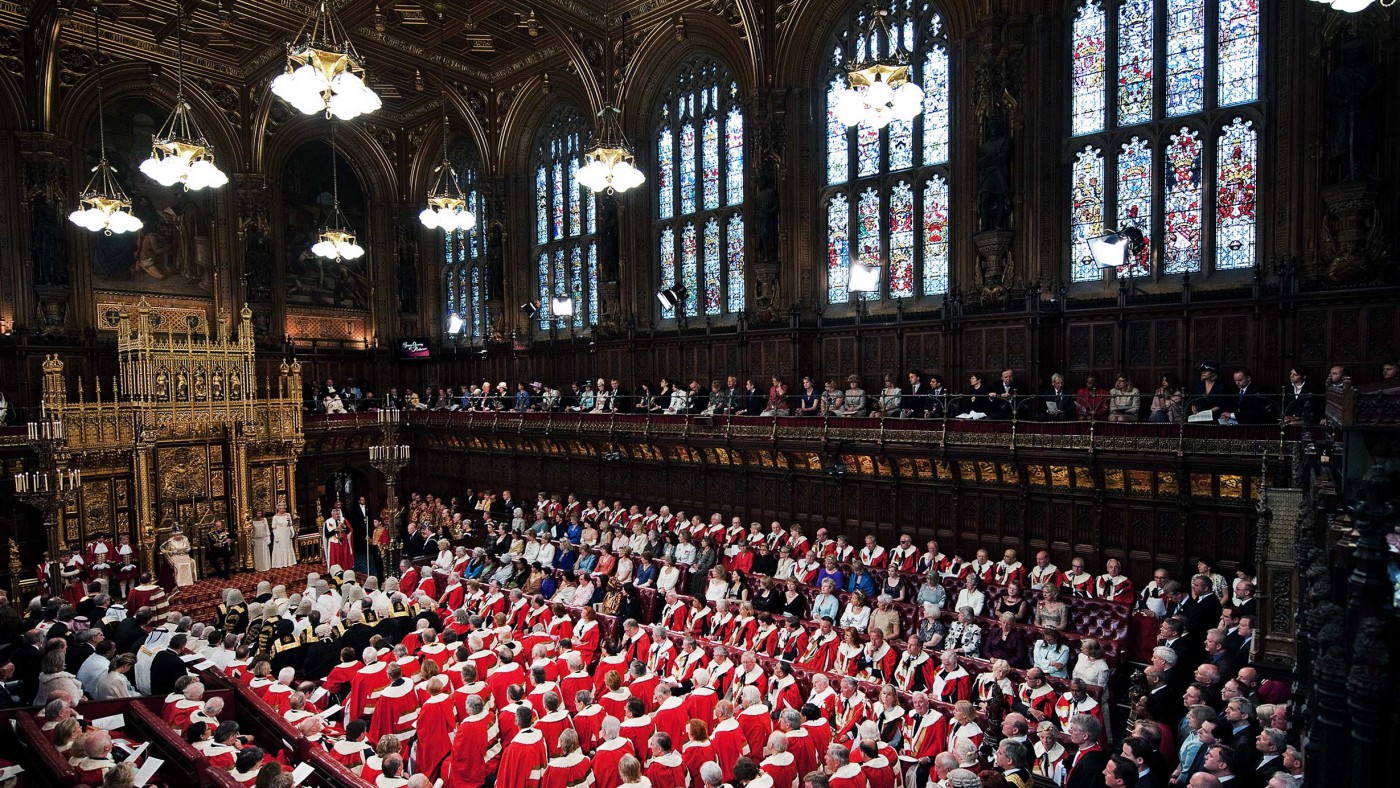Nothing animates Westminster like a “Constitutional Crisis” and the essential ingredients of one are being assembled over a tax credit vote in the Lords next Monday. An important element, of course, of any such crisis is an intervention by my old friend Jacob Rees Mogg, MP for North East Somerset, the distinguished guardian of our basic laws since he judicially reviewed the Maastricht Treaty in the High Court in 1992.
Up he popped at Prime Minister’s questions yesterday to say: “Does my right hon. Friend share my concern that, if the other place were to vote against changes to working tax credits, that would be a serious challenge to the privilege of this House—a privilege that was codified as long ago as 1678?”
Usually, I agree with him. But on this occasion I fear he and everybody else – including David Cameron – is talking hogwash. I support the chancellor’s attempt to reform tax credits (see a previous piece for CapX), but the idea that the specific vote proposed by Lady Meacher to delay the implementation of the Treasury’s measure until the issues raised by the Institute of Fiscal Studies have been addressed is an abuse of the Constitution is both absurd and factually incorrect.
This being the British Constitution there are shades of grey and certainly Lady Meacher is pushing things a bit. Theoretically, everything the Government handles has a financial aspect. But the Commons’ right to decide on financial matters is something quite specific. It refers to “Money Bills”, as the Parliament Act makes clear and not to any old measure. A Money Bill is one certified as such by the Speaker, and is defined in the Act.
Jacob Rees Mogg is therefore correct that the House of Commons has a special role in financial matters, but it is circumscribed. It is based on a resolution of 1671 which states “That in all aids given to the King by the Commons, the rate of tax ought not to be altered by the Lords” and on a further resolution of 1678 which restates the “undoubted and sole right of the Commons” to deal with all bills of aids and supplies. Erskine May’s guide to Parliamentary procedure states: “The Commons’ claim to sole rights in respect of financial legislation applies indivisibly to public expenditure and to the raising of revenue to meet that expenditure. … The Commons treat as a breach of privilege by the Lords not merely the imposition or increase of such a charge but also any alteration, whether by increase or reduction, of its amount or of its duration, mode of assessment, levy, collection, appropriation or management.”
The problem with Lady Meacher’s motion is that the Treasury has chosen to implement the tax credit changes via a statutory instrument. It is not a Bill, still less one certified as a Money Bill by the Speaker. Perhaps it falls under the convention of the Commons general financial privilege, but this is by no means clear and somewhat vague. Who knows why they have done it this way? Probably, one suspects, to get it through Parliament with as little debate as possible. The Commons has the right to waive its financial privilege, and by structuring it as a statutory instrument under the Tax Credit Act 2002, Ministers have arguably done so. More fool them. This is a complex issue, touching the livelihoods of millions of low-income people, which should not be rushed through Parliament willy-nilly.
Here, judgement is important. If the Lords repeatedly rejected the measure, as opposed to delaying it, then that would indeed be a political outrage. It might even take on a Constitutional dimension. But as it stands the Treasury can either resubmit its measure, perhaps with more information answering the issues raised by the Institute for Fiscal Studies, or as an amendment to the Finance Bill, which the Lords would indeed be wrong to block.
Why don’t Ministers just do that, you might ask? Presumably because there is a risk that a Conservative backbencher may put down an amendment in the Commons which might attract wider support than the Labour one which failed earlier this week.
The Prime Minister and the chancellor are evidently frustrated with the Lords, rightly seeing it as unrepresentative of the country since their election victory, stuffed with Lib Dems and Blairite holdouts who want to subvert their legitimate plans. Here, I am afraid, they reap what they have sowed. They have consistently taken the Lords for granted, supporting half-baked reform proposals and making their own second rate nominations and appointments (including too many Lib Dems under the Coalition). They have again failed to think things through, by structuring this as a statutory instrument. And their own regard for Constitutional conventions, for instance their abuse of Privy Council processes over press regulation, is consistently disappointing.
This is not a Constitutional Crisis, merely a big cock-up. Tax credits must be reformed. George Osborne is doing the right thing. The Government will get its way in the end, but only when it gets the detail right.


